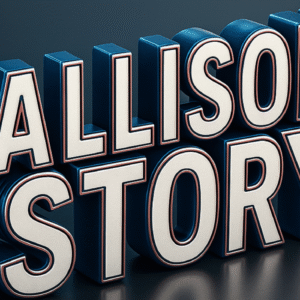Political debate has heated up since former President Joe Biden was recently diagnosed with advanced prostate cancer, and accusations against former First Lady Jill Biden have surfaced.
Asserting that Jill Biden should be charged with “elder abuse,” Leo Terrell, a senior counselor to the Assistant Attorney General for Civil Rights, stated in public that she was aware of her husband’s deteriorating health but supported his continued political involvement.

Terrell’s social media claims have spurred a larger discussion about family members’ obligations to protect the health of elderly public figures.
In order to underscore the seriousness of the situation, he said, “Elder abuse! In response to allegations that Jill Biden put her political aspirations ahead of her husband’s health, she asked, “Criminal charges??”
Other public figures have echoed these accusations. Veteran journalist and Washington insider Sally Quinn called Jill Biden’s failure to oppose her husband’s reelection campaign a “terrible disservice to the country” and referred to it as “elder abuse.”
Experts in medicine have also offered their opinions. Geriatric specialist Dr. Elaine Healy raised concerns about possible elder abuse, stressing the seriousness of President Biden’s health problems and casting doubt on the supervision given by his close associates.
Jill Biden and the Biden family have not responded to the accusations in an official manner, despite the growing criticism. The circumstance emphasizes how intricately personal relationships and public obligations interact, particularly when it comes to the autonomy and well-being of senior leaders.
The ethical issues surrounding leadership succession, political transparency, and the wider ramifications for elder care continue to dominate public conversation as talks go on.


